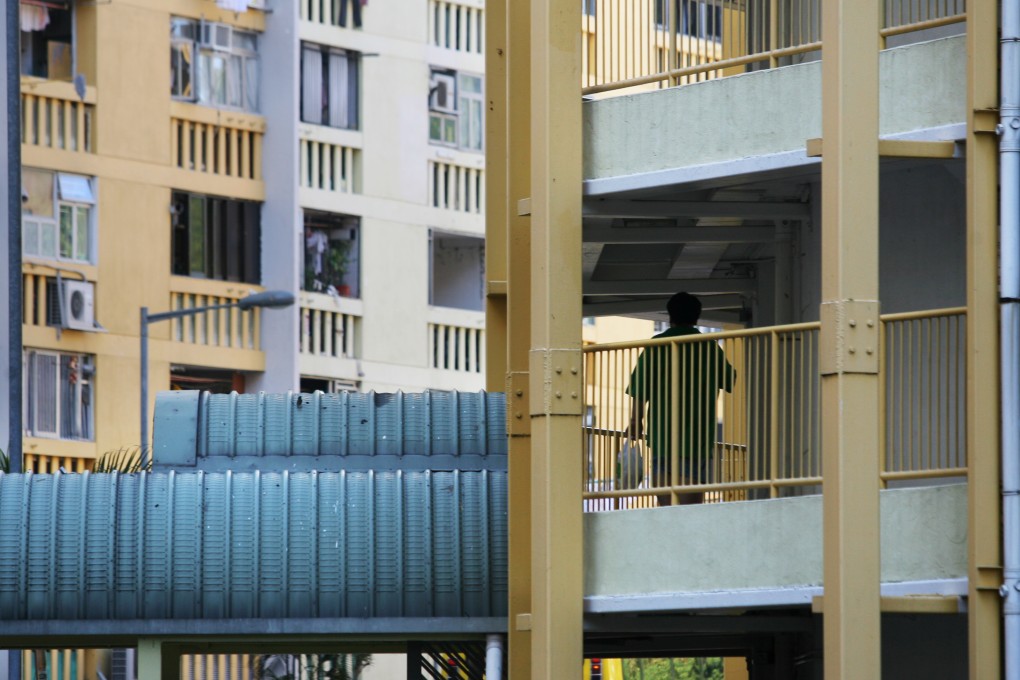Man, 35, to seek judicial review of public flats points system

A 35-year-old man has been granted legal aid to seek a judicial review of the government's points system for non-elderly single people waiting for public flats - the first legal challenge to a housing scheme that has a total of around 278,500 people in the queue.
"We're using the age discrimination argument to challenge the system," said Richard Tsoi Yiu-cheong, community organiser of the Society for Community Organisation, which is assisting the man, Cheung Chi-keung.
Cheung applied for a public flat in August 2005, a month before the government changed the system. Until then, all applicants joined the same queue for public flats.
Under the changes, quotas were set for non-elderly single applicants, capped at 2,000 a year, later rising to 2,200. The remainder of the applicants - families and the elderly - would join a different queue, getting the rest of the available flats, usually totalling around 20,000, within a year.
Cheung was supposed to be allocated a flat in 2008 or 2009 under the pre-2005 system, because all applicants were in the same queue. But under the post-2005 system, Cheung was required to wait until 2016 or 2017.
Just when that flat seemed within reach, the Housing Authority revised the system again in February to make it more favourable for the older people in the non-elderly singles queue to be allocated a flat.